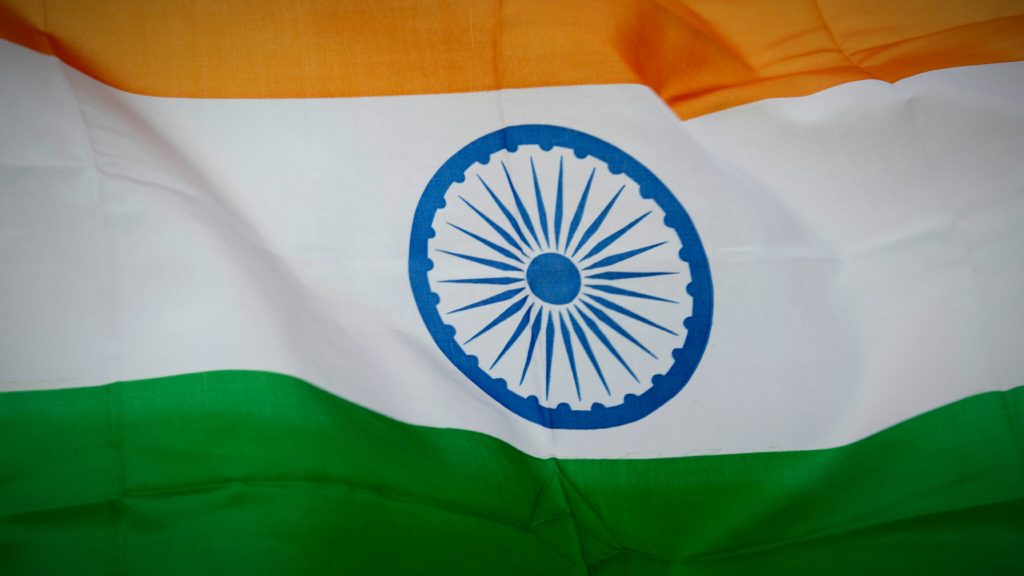Indian Telecom Policy 2025: Targets, Innovations & Investments

The Indian Department of Telecommunications (DoT) has unveiled the draft of its ambitious National Telecom Policy 2025, envisioning extensive enhancements in connectivity and digital infrastructure nationwide. The new policy seeks to achieve complete 4G coverage and 90% 5G coverage by 2030, with significant rural fiber network upgrades.
Key Objectives of the Policy
The policy aims for a 10% global foothold in 6G Intellectual Property (IP), propelling India to a top-10 R&D destination. It also introduces initiatives like a Telecom Manufacturing Zone to attract an annual investment of $11.5 billion and facilitate manufacturing growth within the sector.
Rural Connectivity & Service Enhancements
To bridge service gaps, the policy entails expanding mobile networks in underserved areas, promoting fixed-line broadband adoption, and integrating telecom infrastructure with disaster recovery strategies. Fibre coverage for telecom towers is set to rise from 46% to 80%, targeting 100% fiber connectivity for Gram Panchayats under the BharatNet program.
Quality Standards & Innovation
Ensuring global service quality standards, the policy aligns with international benchmarks for network coverage, signal strength, and service transparency. India pursues a prominent stance in 6G research, aiming to secure 10% of 6G IP rights and bolster domestic manufacturing while reducing compliance constraints.
New Security Guidelines for Satellite Communication
The updated policy includes stringent security regulations for satellite communication providers, enforcing data localization, real-time monitoring, user terminal registration, geo-fencing, and integration with India’s NavIC system by 2029, amidst heightened foreign interest in the growing Indian satcom market.
The revised framework coincides with global giants like Starlink, Project Kuiper, and Eutelsat-OneWeb vying to expand in India, underscoring the significance of the sector’s evolution.

